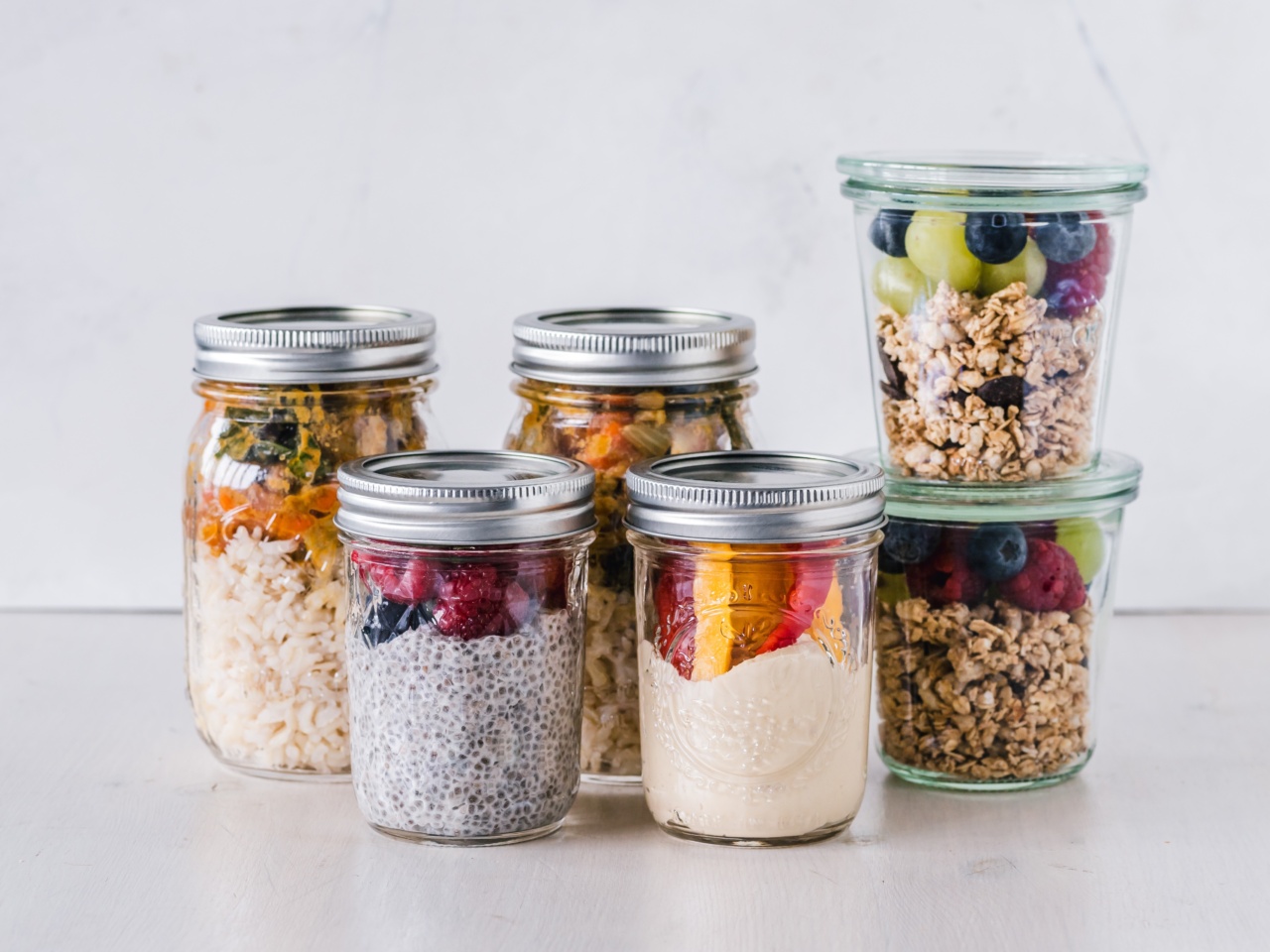Antibiotics are a common treatment for bacterial infections. While these drugs are effective, they also have the potential to impact the delicate balance of bacteria in your gut.
Antibiotics can kill off beneficial bacteria, leaving room for harmful strains to take over. This can lead to a range of digestive issues and other problems. In this article, we will explore strategies for preserving your gut microbes while taking antibiotics.
What Are Gut Microbes?
Your gut is home to trillions of microorganisms, including bacteria, viruses, fungi, and more. These microorganisms, collectively known as gut microbes or the gut microbiota, play a critical role in numerous aspects of your health.
Gut microbes are involved in digestion, immunity, metabolism, and even brain function.
When everything is in balance, your gut microbes work together to keep you healthy. Beneficial bacteria help break down food, produce essential nutrients, and protect against harmful invaders.
However, certain factors, such as antibiotics, can disrupt this delicate balance.
How Do Antibiotics Affect Gut Microbes?
Antibiotics are designed to kill bacteria, and they are very good at it. Unfortunately, antibiotics are not selective. They can kill both harmful and beneficial bacteria, disrupting the balance of your gut microbiota.
This can lead to a range of issues, including:.
- Diarrhea
- Constipation
- Gas and bloating
- Increased risk of infection
- Reduced immunity
The extent of the damage depends on the type of antibiotic, the length of treatment, and various individual factors.
How to Preserve Your Gut Microbes While Taking Antibiotics
Fortunately, there are steps you can take to minimize the impact of antibiotics on your gut microbiota. Here are some strategies you can try:.
1. Take Probiotics
Probiotics are live bacteria that can help restore balance to your gut microbiota. They are available in supplement form and are also present in certain foods, such as yogurt, kefir, and sauerkraut.
When taking antibiotics, it is a good idea to take a probiotic supplement to help replenish your gut with beneficial bacteria. Look for a supplement that contains a variety of strains, ideally with at least 10 billion CFUs (colony forming units) per dose. Take the supplement at least two hours before or after you take your antibiotic.
2. Eat Fermented Foods
Fermented foods contain beneficial bacteria that can help support your gut microbiota. In addition to yogurt, kefir, and sauerkraut, other fermented foods to consider include kimchi, miso, tempeh, and kombucha.
Try to include these foods in your diet regularly, especially while taking antibiotics.
3. Avoid Sugar and Processed Foods
Sugar and processed foods can feed harmful bacteria in your gut, exacerbating the impact of antibiotics. To minimize the disruption to your gut microbiota, avoid sugary and processed foods while taking antibiotics.
Instead, focus on whole foods like vegetables, fruits, whole grains, and lean proteins.
4. Stay Hydrated
Drinking plenty of water is important for maintaining a healthy gut microbiota. Water helps flush out toxins and waste products, preventing harmful bacteria from taking over. Aim to drink at least eight 8-ounce glasses of water per day.
5. Take Antibiotics as Prescribed
To minimize the damage to your gut microbiota, it is essential to take antibiotics as prescribed. Don’t stop taking them early, even if you start feeling better. This can lead to antibiotic resistance and increase the risk of infection.
6. Talk to Your Doctor
If you are concerned about how antibiotics are impacting your gut microbiota, talk to your doctor. They may have additional strategies to help minimize the damage.
The Bottom Line
Antibiotics are an important tool for fighting bacterial infections, but they can also impact your gut microbiota.
To preserve your gut microbes while taking antibiotics, consider taking probiotics, eating fermented foods, avoiding sugar and processed foods, staying hydrated, taking antibiotics as prescribed, and talking to your doctor. By taking these steps, you can help support the health of your gut microbiota and improve your overall well-being.































